Because this project also aims to contribute to the recognition of excellent work done in the field of mental health and human rights, in this section, we will (moderately because time is a precious place) disclose some examples of excellence in work done in the field of science, arts, and public policies.
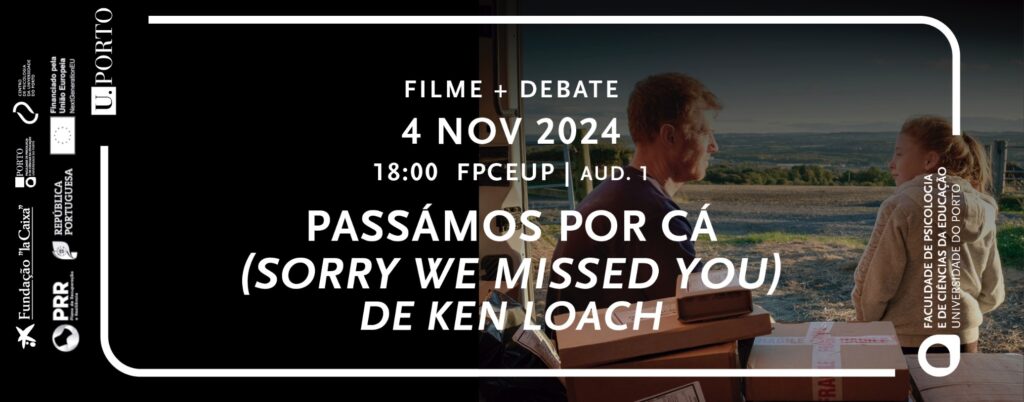
December, 2024
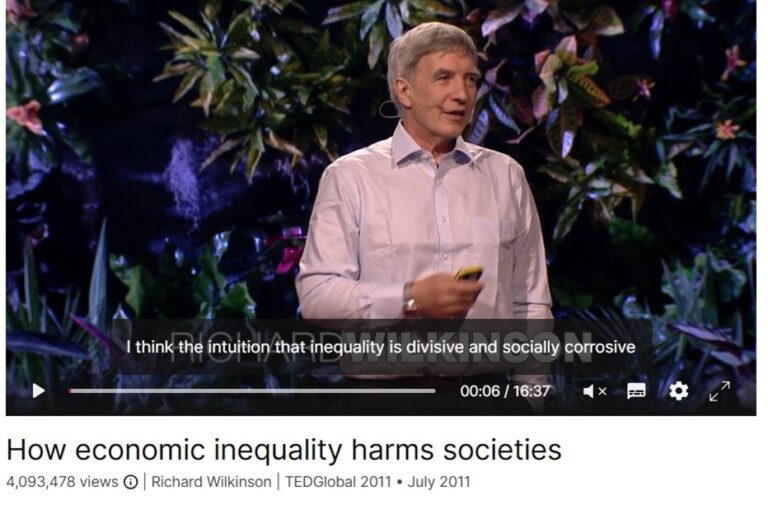
November, 2024
Economic inequalities introduce structural divisions in society that impact indicators such as life expectancy, trust, and the prevalence of mental illness.
In this documentary, Richard Wilkinson presents findings from studies in the field of social epidemiology, highlighting the pathological nature of the gap between people. Economic and social justice seem to have very clear implications for how we fall ill and how we trust one another. Addressing mental health requires advocating for fairer and more equal societies.
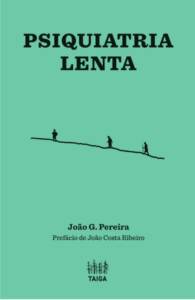
OCTOBER, 2024
SEPTEMBER, 2024 Worth a look the documentary “Stones, Plants, and Other Paths” (Collective of Therapeutic Companions, coordinated by Prof. Dr. Ricardo Wagner Machado da Silveira from the Psychology course at the Federal University of Uberlândia and produced by the Production Center of the University Television).
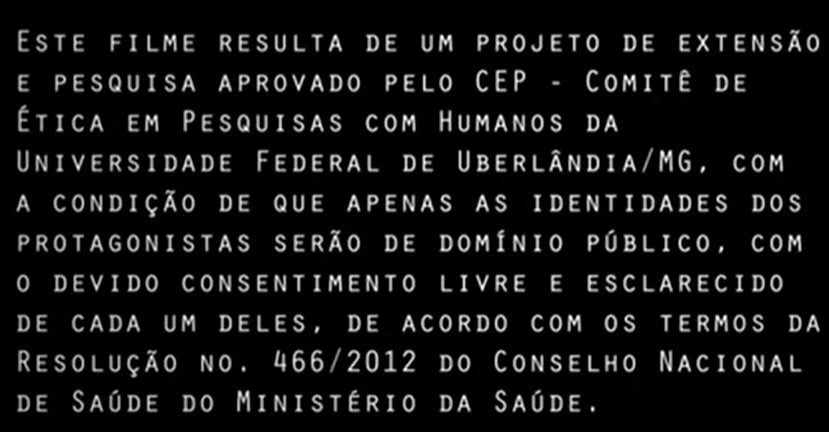
“Once, I asked a great professor friend of mine what to do with this tightness in our chest. He first got teary-eyed and said that the idea is to transform this tightness into something new, something new so that we become a new therapist so that we become different. That often, the Therapeutic Companion is just there to be close and to be a representative of humanity.”
It is a documentary about the role of the Therapeutic Companion and two people who create a place of humanity in a world of inequality and insanity.
AUGUST, 2024 This month, we highlight the interesting work “Contextual factors influencing the use of coercive measures in Portuguese mental health care” by Aluh et al. (2023).
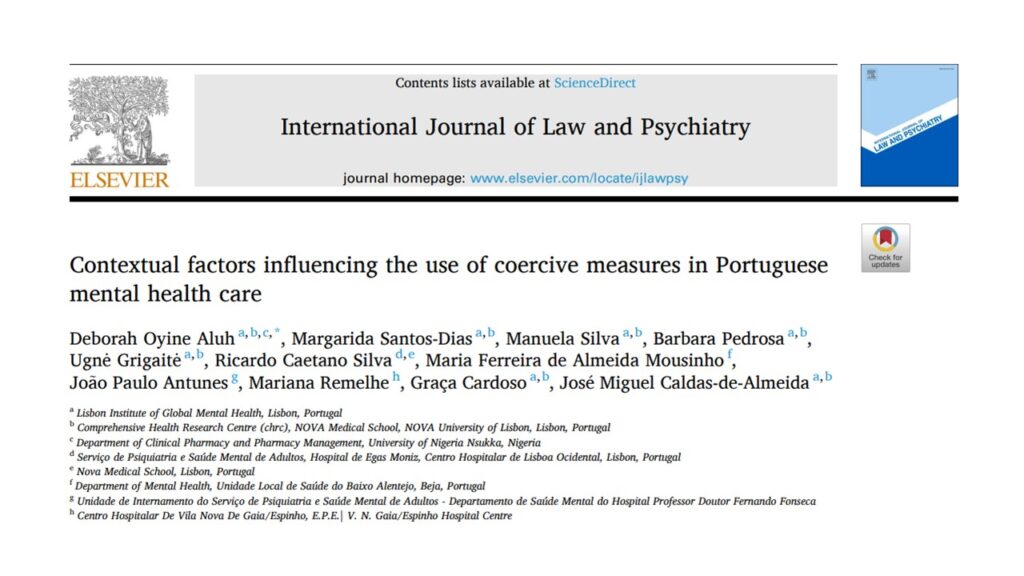
The article “Contextual factors influencing the use of coercive measures in Portuguese mental health care” by Aluh et al. (2023) is a qualitative study that prompts reflection on the structural and systemic dimensions of the use of coercive measures in mental health care in Portugal. The study was conducted with 40 medical and nursing professionals from five psychiatric departments in Portugal’s urban and rural regions. It highlights that decisions regarding coercive measures are influenced by factors that go beyond the characteristics of the individual diagnosed with a mental illness and include variables such as resource insufficiency, team characteristics, service inefficiency, and socio-legal issues
JULY, 2024: This month, we highlight the interesting work of Kirkbrid et al. (2024) entitled “The social determinants of mental health and disorder: evidence, prevention and recommendations“.
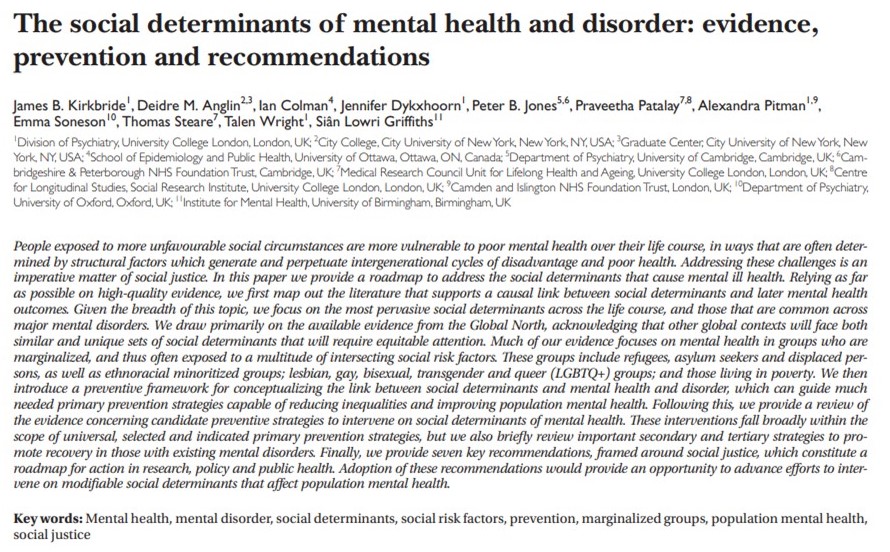
This paper, in open access, provides a detailed overview of the evidence linking social determinants, such as poverty and discrimination, to mental health outcomes throughout life. Furthermore, the article proposes primary prevention strategies and policy recommendations to reduce these inequalities, emphasizing the importance of social justice and the inclusion of marginalized groups, such as refugees and ethnic and sexual minorities. It is definitely worth a look!
JUNE, 2024: Worth a look the series “Desassossego“.
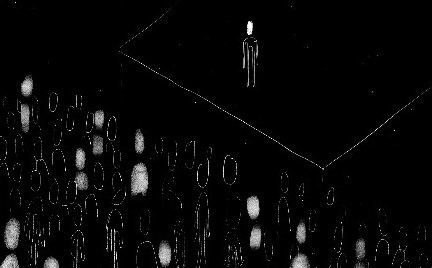
Desassossego is a series on health and mental illness comprises 13 episodes, combining personal, policy, and the practice experiences. This series is produced by Fumaça, an investigative journalism podcast. In 2023, Desassossego received two significant distinctions: the “Human Rights & Integration Journalism Award” and the “AMI Journalism Against Indifference Award“.
